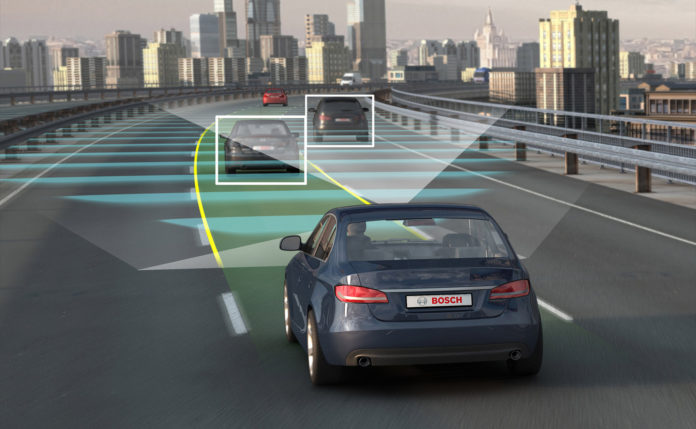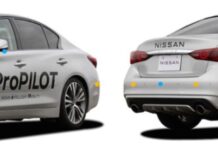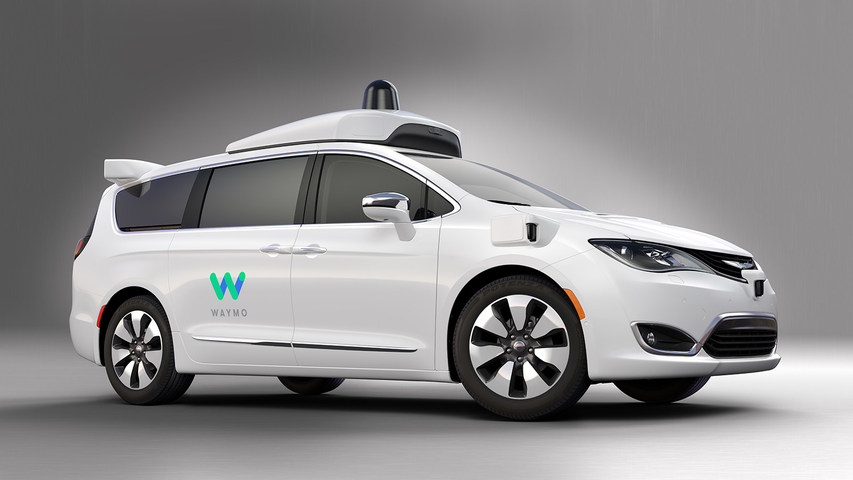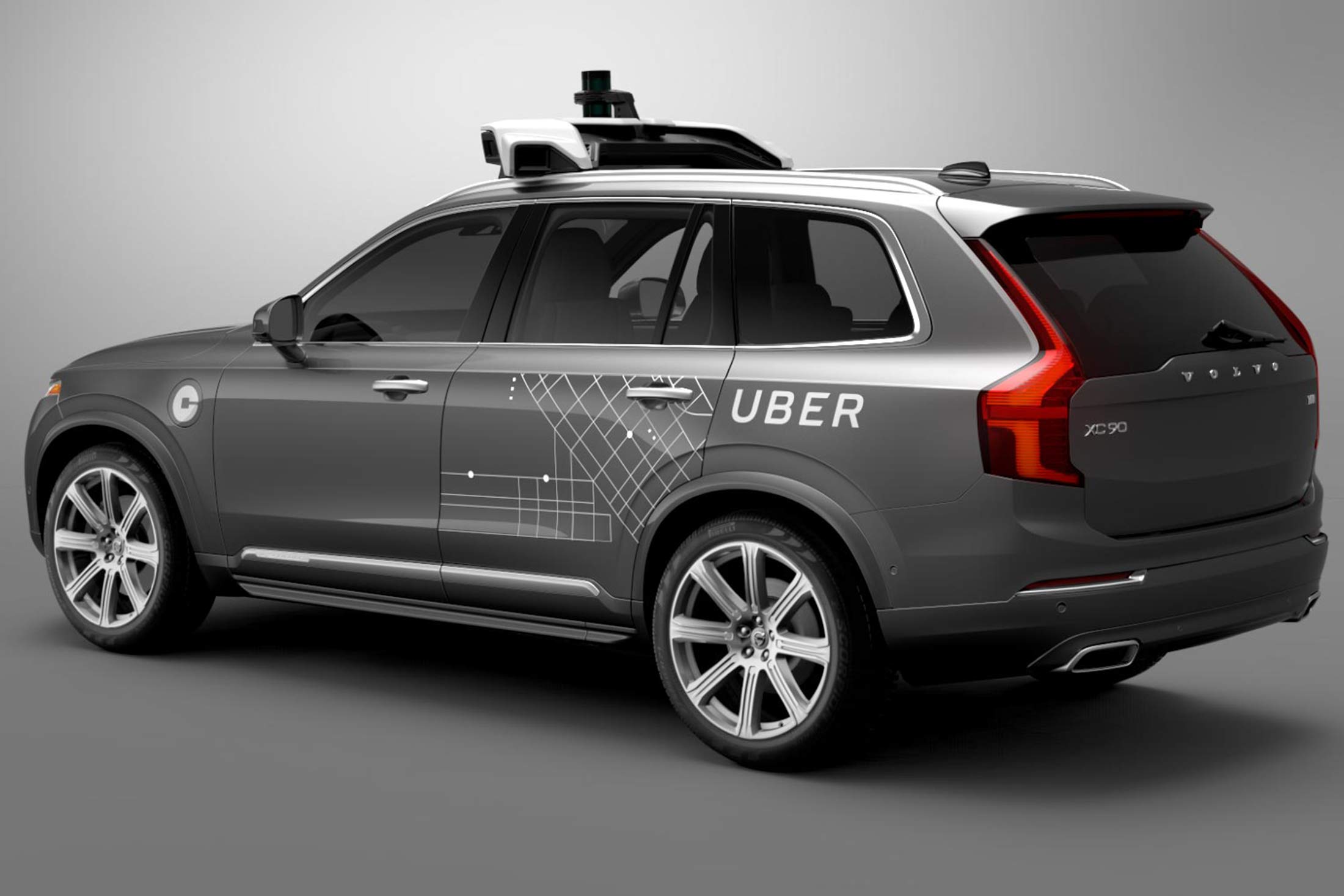Another study that should call for autonomous vehicle introductions?
Although not a formal part of its recent study on distracted driving, personal finance site Finder.com says that driverless cars have the potential to allow fewer car crashes, one analyst said.
“We’re interested to see where the advancement in these technologies lead and if they can pose as a possible solution to distracted driving in America,” said Jennifer McDermott, Finder.com consumer advocate. “As autonomous vehicles continue to be tested and honed, and accompanying AI incorporated, there is certainly the potential, free from human distractions, autonomous vehicles will crash less and be a safer option in the future.”
Finder.com’s 2018 Safe Driving Report found that 138 million American adults have admitted to driving while distracted. The most dangerous habits include talking on the phone, speeding and driving while fatigued. These distractions can be detrimental to the careless driver and others around them, which often leads to legal matters and a professional lawyer from services like PM Law Firm needed for any personal injury claims. A reduction of these distractions would subsequently lead to safer roads.
“Since most distracted driving involves the use of cell phones, there are a few useful apps that drivers can download that block notifications while driving,” McDermott said. “For example, the Do Not Disturb While Driving mode (DND) developed for Apple iOS 11 and AT&T DriveMode are great tools that can help drivers avoid the temptation of texting and talking while driving.”
Additionally, crash avoidance systems, which intervene to brake or steer when they detect a distracted driver, are now being installed and sold in newer cars, she said.
Millennials are the most likely to be distracted while driving, with only 35.4 percent saying they concentrate while driving, compared to 38.1 percent of Gen Xers and 46.1 percent of Baby Boomers, according to the report. Millennials are also four times more likely than baby boomers to text while driving (28 percent compared to 7.3 percent, respectively).
The full report can be found here: https://www.finder.com/road-safety-statistics.

























